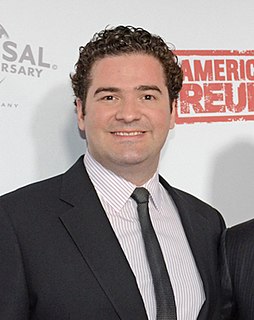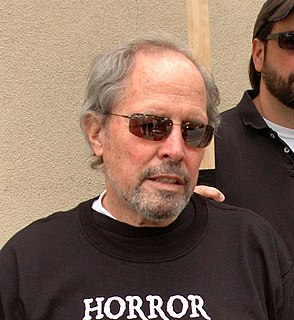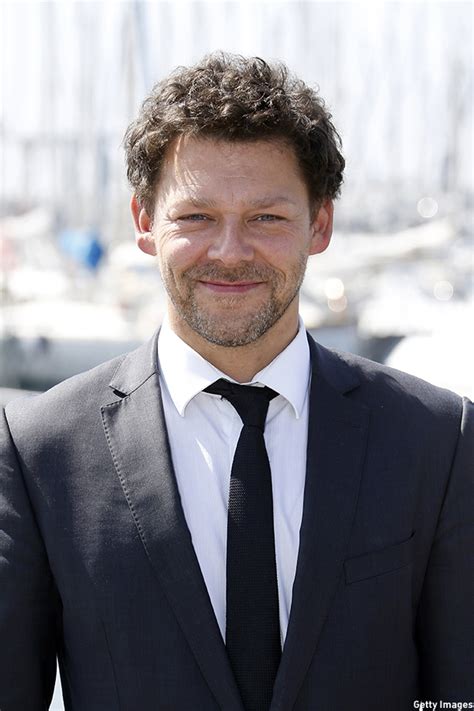A Quote by Rajkummar Rao
Whenever I like a character or a script, I take up the project and leave the rest to the audience.
Related Quotes
When I'm writing, I try to have the mask of my character on as I'm walking through the world. When I'm not at my desk, the rest of the time, I try to stay in that character and see the world the way that character would It's almost like method acting in a way — keeping the character close the way the actor keeps a script close and always tries to be in character.
I wrote the script to 'Lady Bird,' and it really came out of a desire to make a project about home - like, what the meaning of home is, and place. I knew Sacramento very well, obviously, growing up there, and I felt like the right way to tell a story of a place was through a person who's about to leave it.
I never like to judge the character. I just have to leave my feelings of pity, or fear, about a character - whatever I feel towards the character, I try to leave to one side. It's good to have them, but it doesn't help me. I can't act those things. I just to play the character as truthfully as I can.
What gets yme excited about a project and character is the director, the script, who's involved in the movie, and the character. Those are pretty much the essentials. If it's something different, if it scares me, in a way, if it will stretch me or push me into certain places that I haven't been to, then I like that. If you're just trying to talk yourself into it, then it's probably not for you. It's hard to be selective.



































